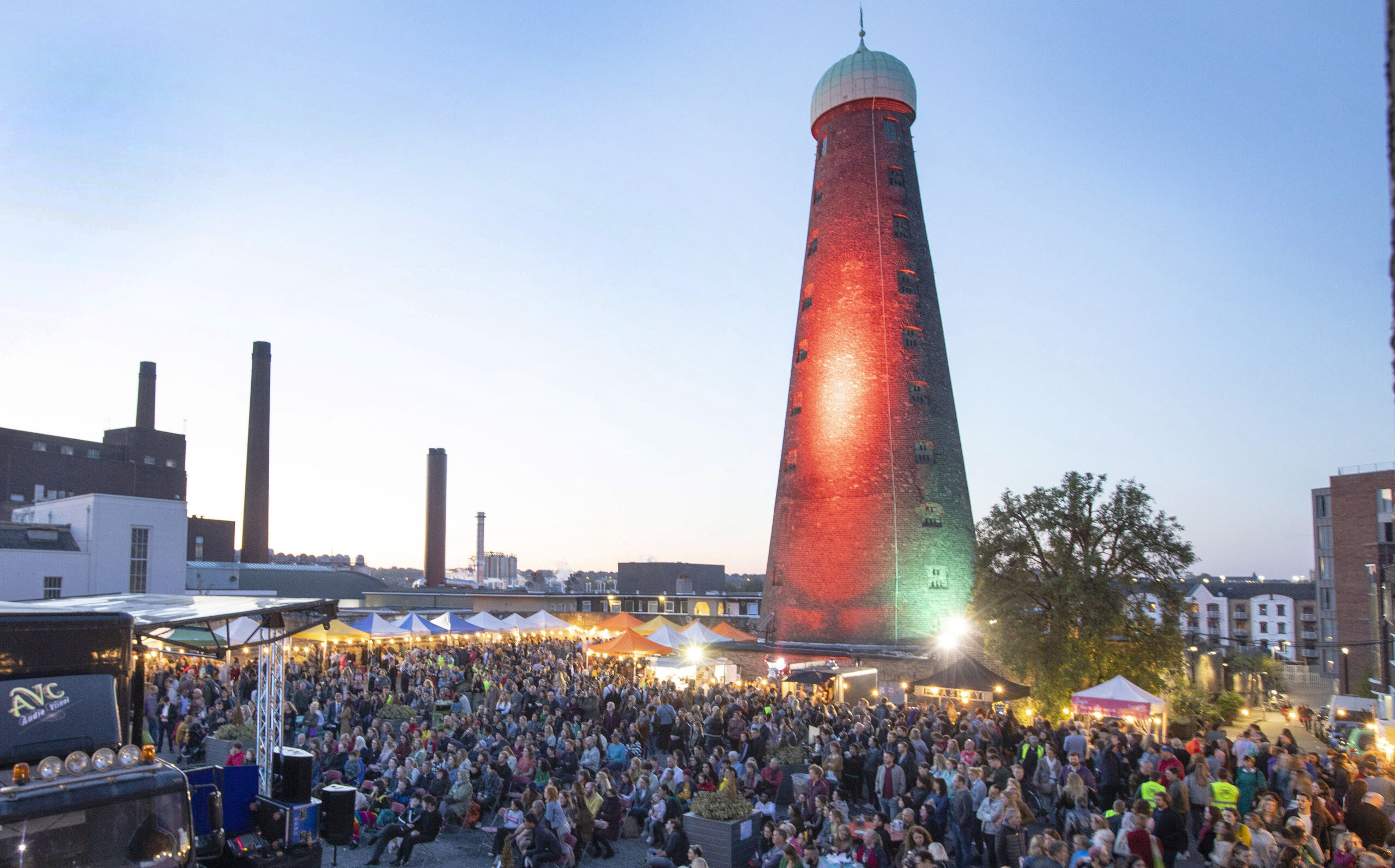What is the'Smart D8' Initiative?
Smart D8 is an initiative to improve the health and wellbeing of citizens in Dublin 8 through collaboration and innovation.
In October 2020, a partner consortium was established, with the Digital Hub Development Agency providing administrative infrastructure for the Smart D8 programme. Lead partners are: The Digital Hub; Dublin City Council; Smart Dublin; and St James’s Hospital.
They are joined by Tyndall National Institute; St Patrick’s Mental Health Services; Trinity Research and Innovation; Trinity Translational Medicine Institute; National College of Art and Design; Guinness Enterprise Centre; Health Innovation Hub Ireland; and the HSE. Through funded pilot calls and partnerships, Smart D8 is facilitating future products and services, showcasing their potential to positively impact the lives of people.
What Are We Trying To Achieve?
Dublin 8 is a historic district located south-west of Dublin City Centre; encompassing a range of neighbourhoods including the Liberties, Kilmainham, Rialto and Inchicore. The area is home to notable landmarks, enterprises and cultural institutions — such as the National College of Art and Design, the Guinness Storehouse and the Digital Hub — Dublin 8 also hosts the major hospital cluster of St James’s Hospital, the future National Children’s Hospital and St Patrick’s Mental Health Services.
Despite its rich character and cultural heritage, some inequities still exist, such as housing stock, green area density, and urban intensification and regeneration — all of which have interconnected implications for health and well-being. Therefore, in late 2020, the first Community Survey initiative was launched to capture the needs and priorities in Dublin 8. Both in-person and online survey engagements were carried out to capture the needs and perspectives of the locals, from which ten health areas were identified for the formation of the Smart D8 programme foundation.
Following on from this research, a number of pilot projects were actioned to directly respond to this community feedback. A range of innovations has already been rolled out with positive impacts on population health and well-being – reaching over 5,000 citizens in and around the Dublin 8 district.

